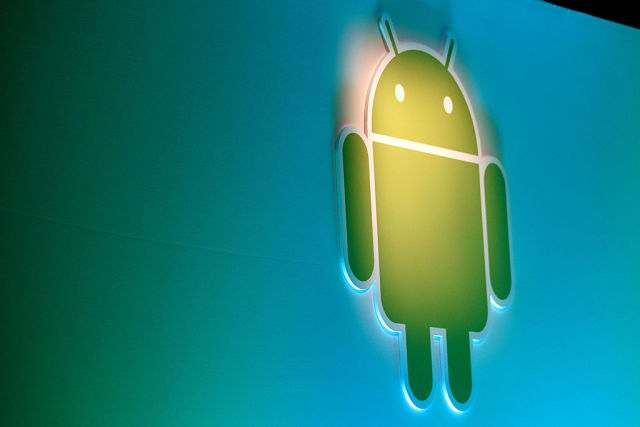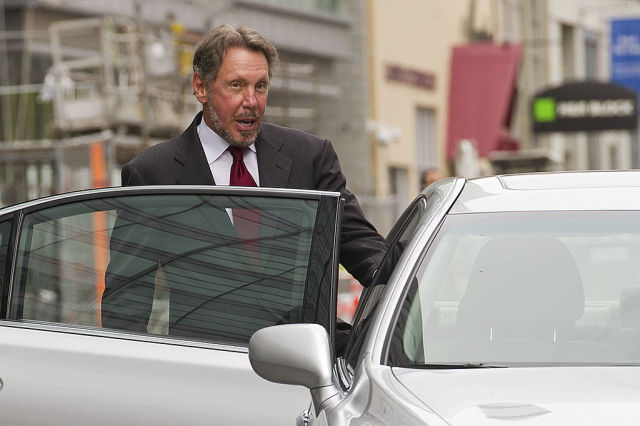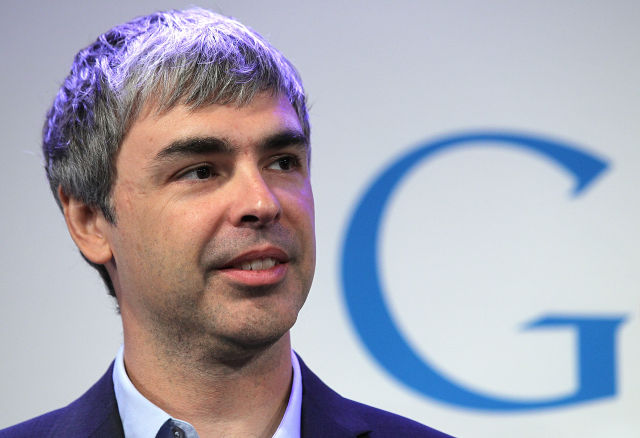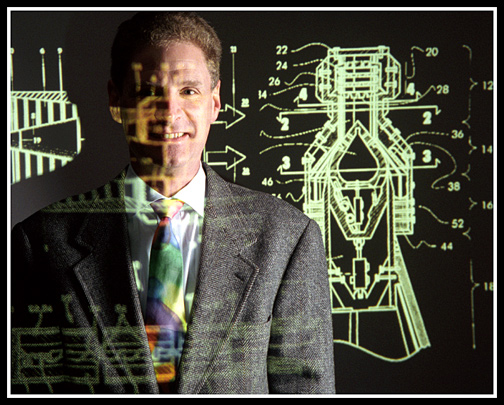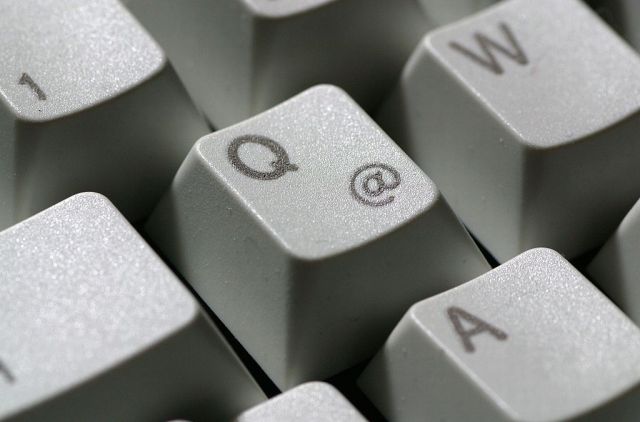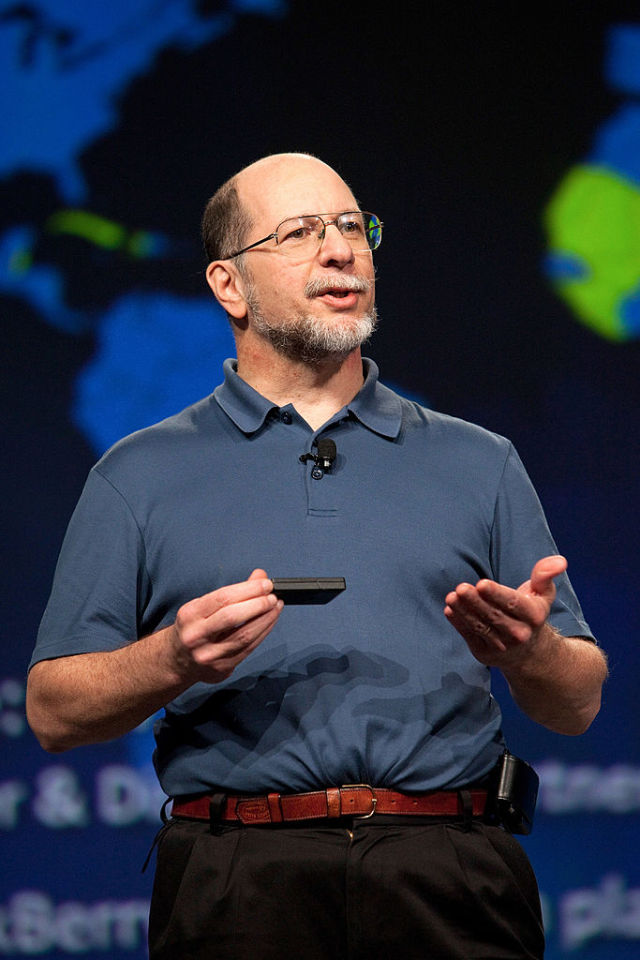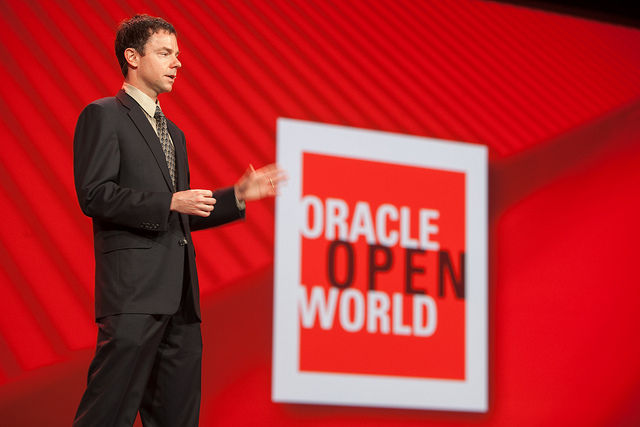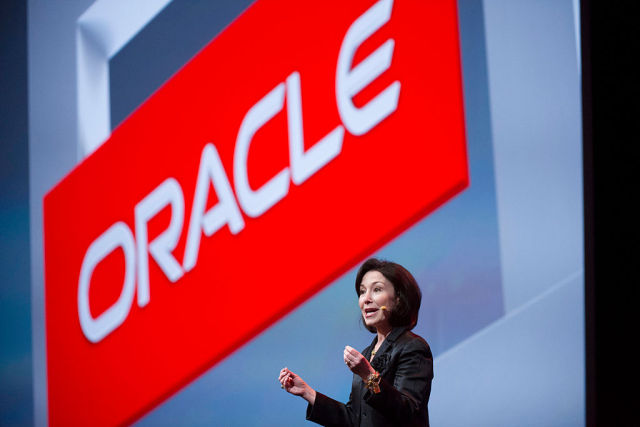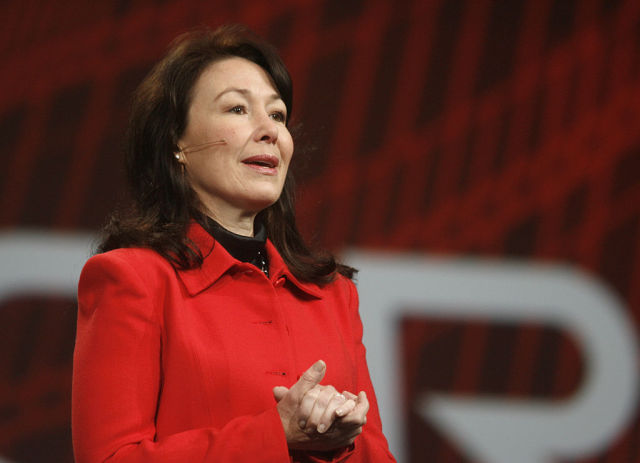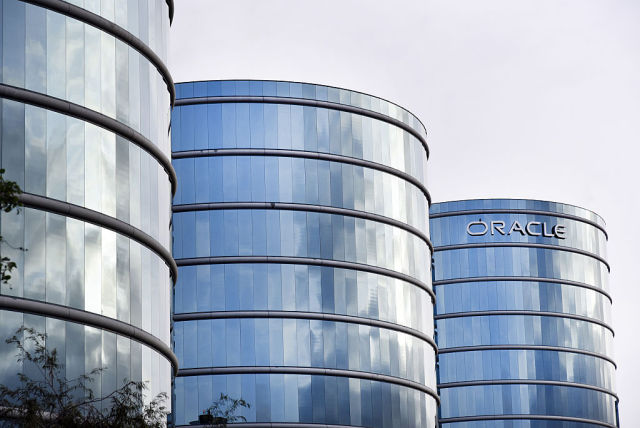
Oracle Corp. headquarters in Redwood City, California. (credit: Michael Short/Bloomberg via Getty Images)
SAN FRANCISCO—Oracle's copyright lawsuit is all about one "very simple rule," the company's attorney told a jury today.
"You don’t take people’s property without permission and use it for your own benefit," said Oracle lawyer Peter Bicks. "Google took a shortcut, and they took a shortcut at Oracle’s expense."
The closing argument Bicks delivered today was his final chance to convince a jury that Google should be held liable for copyright infringement for using 37 Java APIs, which Oracle acquired when it bought Sun Microsystems. An appeals court has ruled that the APIs can be copyrighted. Now, Google's only hope of avoiding a payment to Oracle—which could potentially be in the billions of dollars—is a finding that it was "fair use" to harness the Java APIs.
